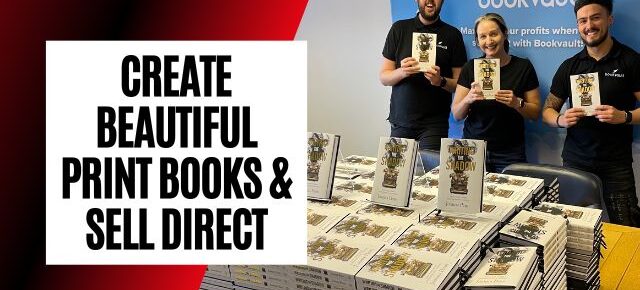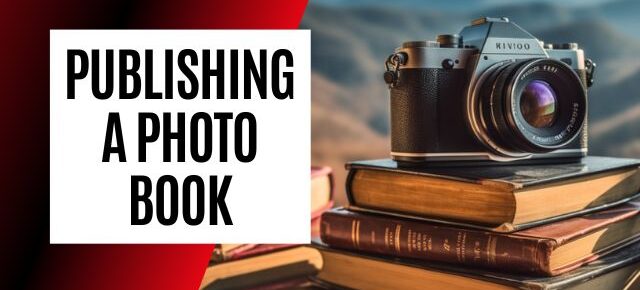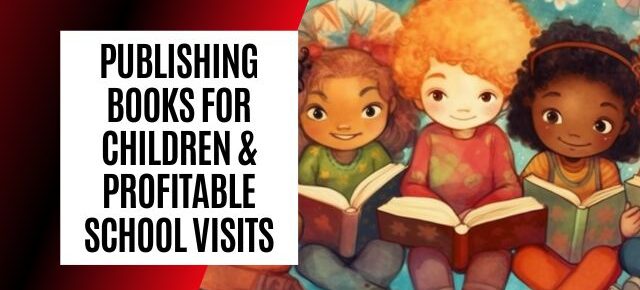How can you make sure your manuscript is ready for submission to an agent — or for publication if you go indie? What are the benefits and challenges of traditional publishing? Will they really do all …
Continue Reading about Preparing Your Manuscript For Pitching Agents With Renee Fountain →






